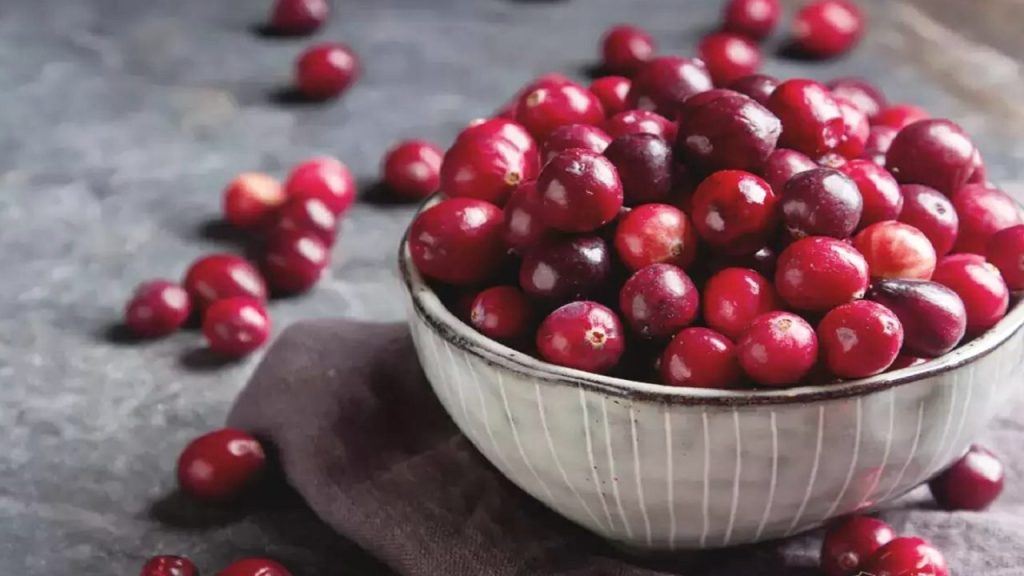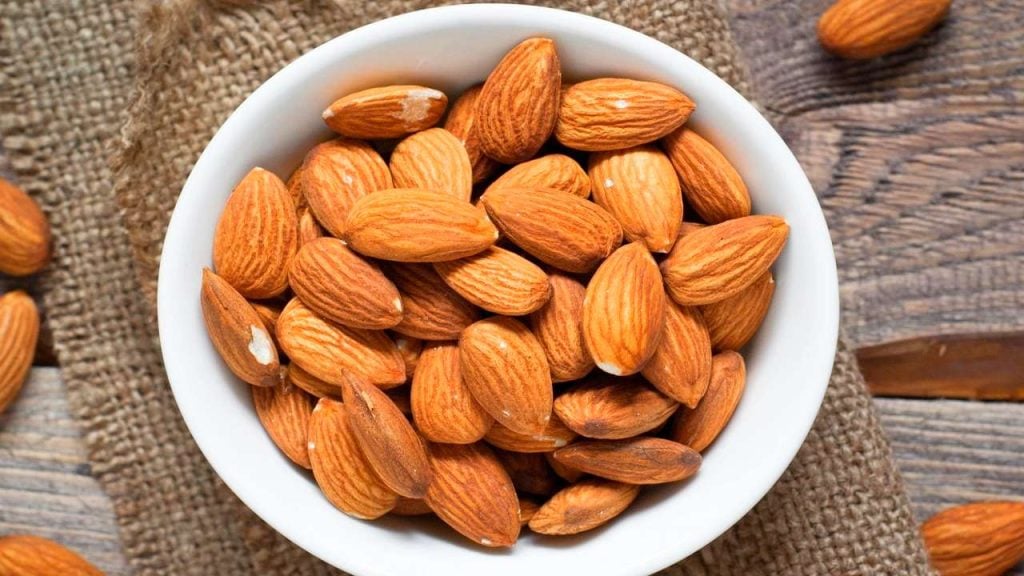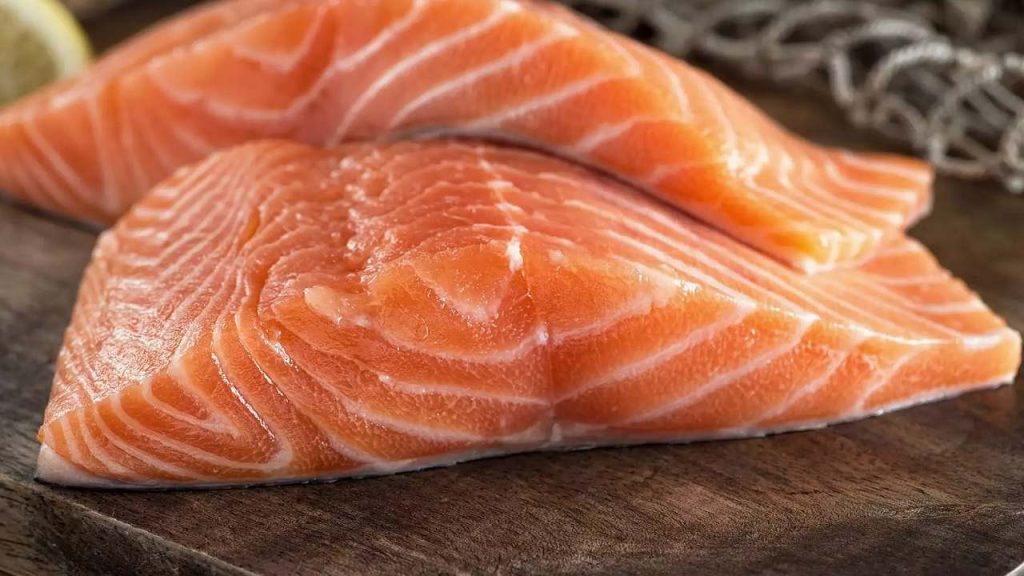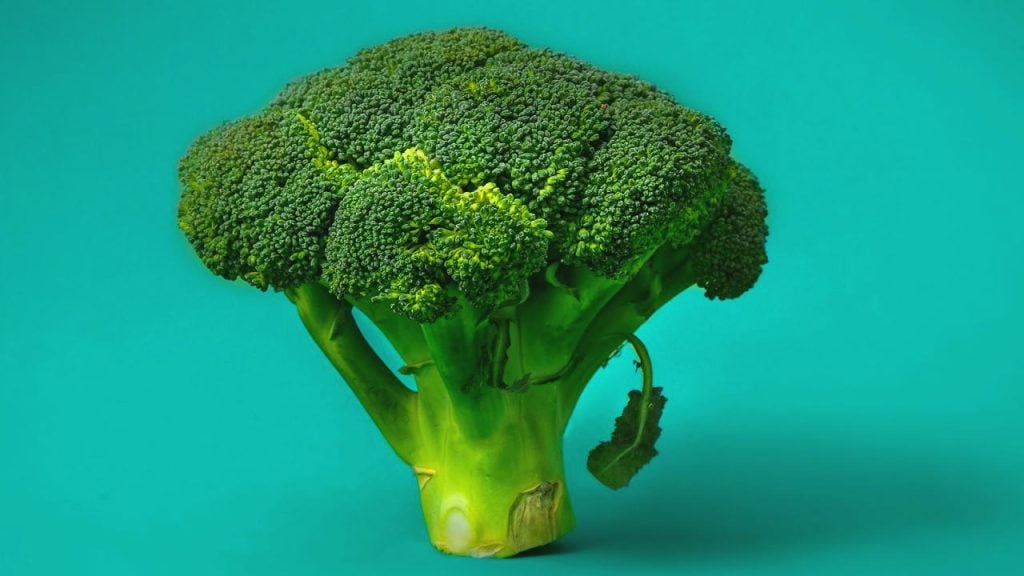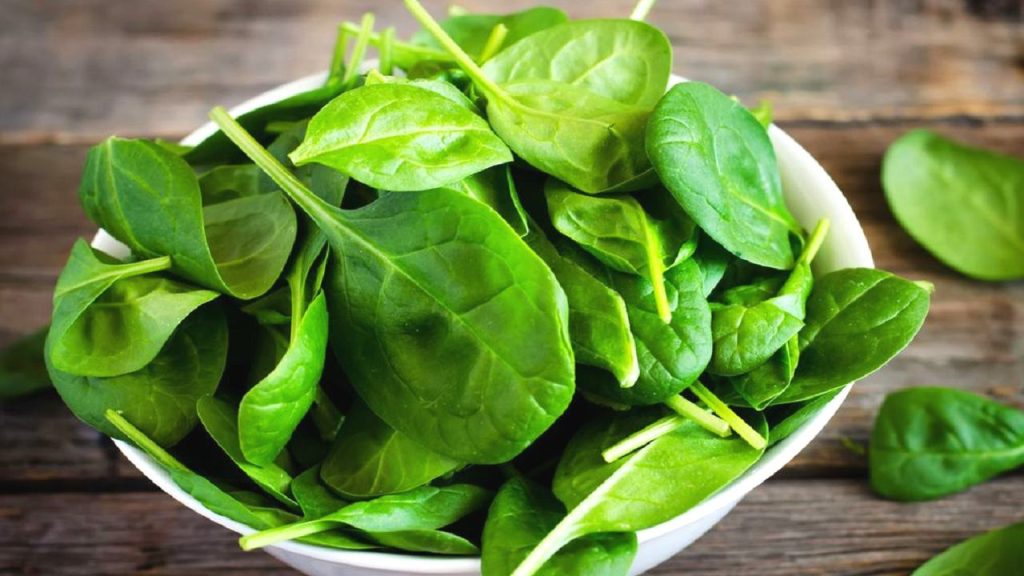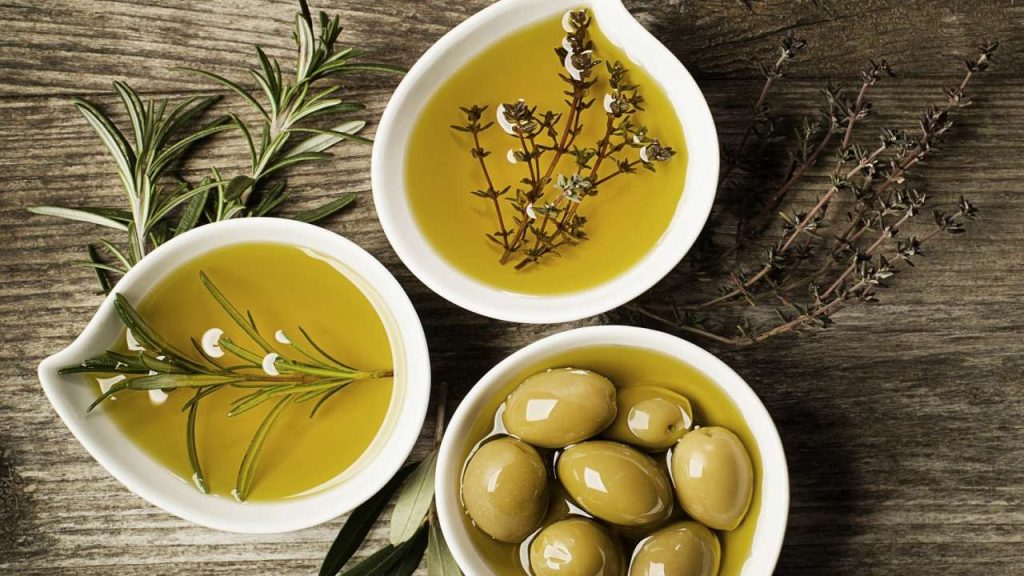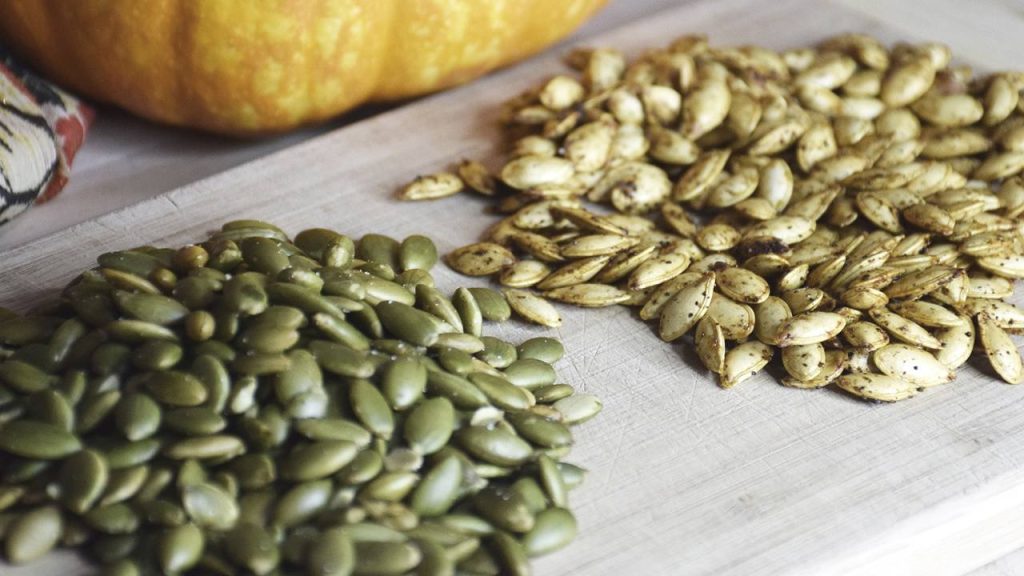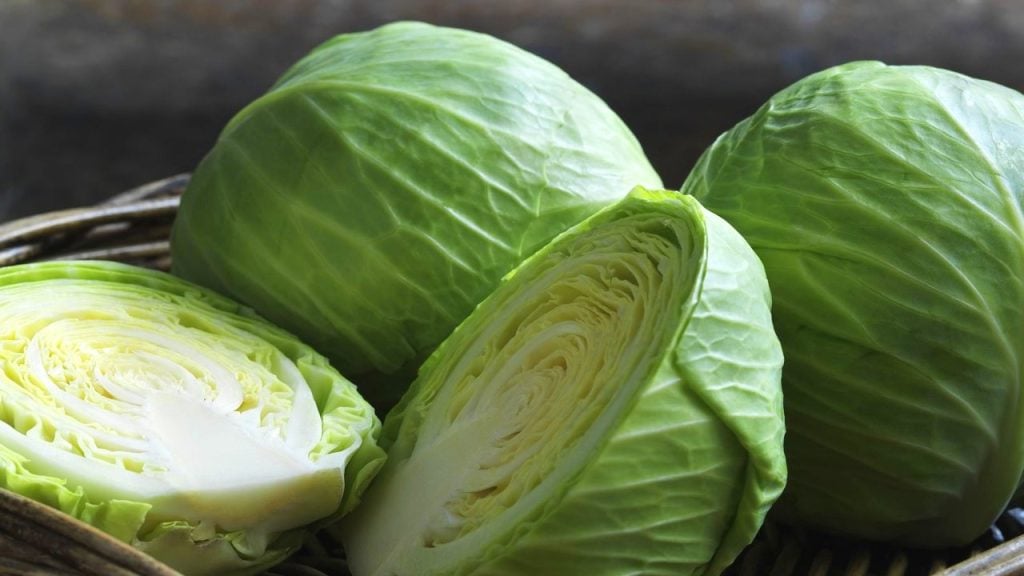1. Berries
Berries are a great source of antioxidants, such as anthocyanins, ellagic acid, and resveratrol that fight Dementia. Berries are a good source of fiber, including soluble fiber. Berries are low in calories and extremely nutritious. In addition to being high in antioxidants, they also contain several vitamins and minerals. Except for vitamin C, all berries are fairly similar in terms of their vitamin and mineral content. Black raspberries and strawberries have been shown to help Dementia.
2. Almonds
Almonds are one of the healthiest food options for Dementia. Almonds boast an impressive nutrient profile. A 1-ounce (28-gram) serving of almonds contains 6 grams of protein, vitamin E, Manganese. Antioxidants help protect against oxidative stress, which can damage molecules in your cells and contribute to Dementia. Almonds are among the world’s best sources of vitamin E, with just 1 ounce providing 37% of the RDI. This proves that Almonds are one of the best Dementia Foods.
3. Salmon
Salmon is one of the most nutritious foods on the planet. This popular fatty fish is not only loaded with nutrients, but also may reduce certain risk factors relating to Dementia. Salmon is also a great source of omega-3 fatty acids that fight Dementia. Salmon is also rich in vitamin B12, which is necessary for producing red blood cells and is proven to be helpful in curing or preventing Dementia.
4. Broccoli
Broccoli is a nutritional powerhouse full of vitamins, minerals, fiber, and antioxidants that help Dementia. The antioxidant content of broccoli may be one of its main boons of Dementia. Broccoli has high levels of glucoraphanin, a compound that is converted into a potent antioxidant called sulforaphane which is proven to cure Dementia. Several studies indicate that broccoli may minimize Dementia effects. Bowel regularity and a strong community of healthy bacteria within your colon are two vital components to curing Dementia. Broccoli is rich in fiber and antioxidants, which may support healthy bowel function and digestive health.
5. Spinach
Most of the carbs in spinach consist of fiber, which is incredibly healthy. Spinach is one of the best food options for Dementia. Spinach is high in carotenoids, which your body can turn into vitamin A. Spinach is rich in Folic Acid, also known as folate or vitamin B9, this compound is vital for curing Dementia. Spinach contains antioxidants, which fight oxidative stress and help reduce the damage it causes by inflammating Dementia. Spinach is high in vitamin K1, which serves several functions in your body, but is best known for its role in curing Dementia. Spinach contains two components, MGDG and SQDG, which may slow down Dementia symptoms.
6. Olive Oil
Olive oil is the natural oil extracted from olives, the fruit of the olive tree. Olive Oil is a superfood for Dementia. Olive Oil contains oleic acid, which reduces inflammation and may even have beneficial effects on Dementia. Apart from its beneficial fatty acids, it contains modest amounts of vitamins E and K. Chronic inflammation is thought to be a leading driver of Dementia. Extra-virgin olive oil can reduce inflammation, which makes it the best food option for Dementia. Research also suggests that oleic acid, the main fatty acid in olive oil, can reduce levels of important inflammatory markers like C-reactive protein, which will help fight dementia and reduce its effects.
7. Pumpkin Seeds
Pumpkin seeds contain antioxidants like carotenoids and vitamin E that are known to fight Dementia. If you are looking to cure or prevent Dementia, then incorporating Pumpkin Seeds into your food diet is mandatory. Diets rich in pumpkin seeds have been associated with a reduced risk of Dementia. Several studies in humans found that eating these seeds reduced symptoms associated with Alzheimers. Pumpkin seeds are one of the best natural sources of magnesium, a mineral that is often lacking in the diets of many Western populations and leading to high cases of Dementia.
8. Cabbage
Cabbage contains many antioxidants that have been shown to reduce chronic inflammation, which in turn will help with Dementia. Cabbage is full of gut-friendly insoluble fiber, a type of carbohydrate that can’t be broken down in the intestines. Red cabbage contains powerful compounds called anthocyanins that will cure Dementia in the long term. Potassium is an important mineral and electrolyte that the body needs to function properly and that fights Dementia. Cabbage is full of this mineral. Cabbage is a terrific source of vitamin K1, delivering 85% of the recommended daily amount in a single cup. We can conclude that Cabbage is one of the best dementia foods available out there.
